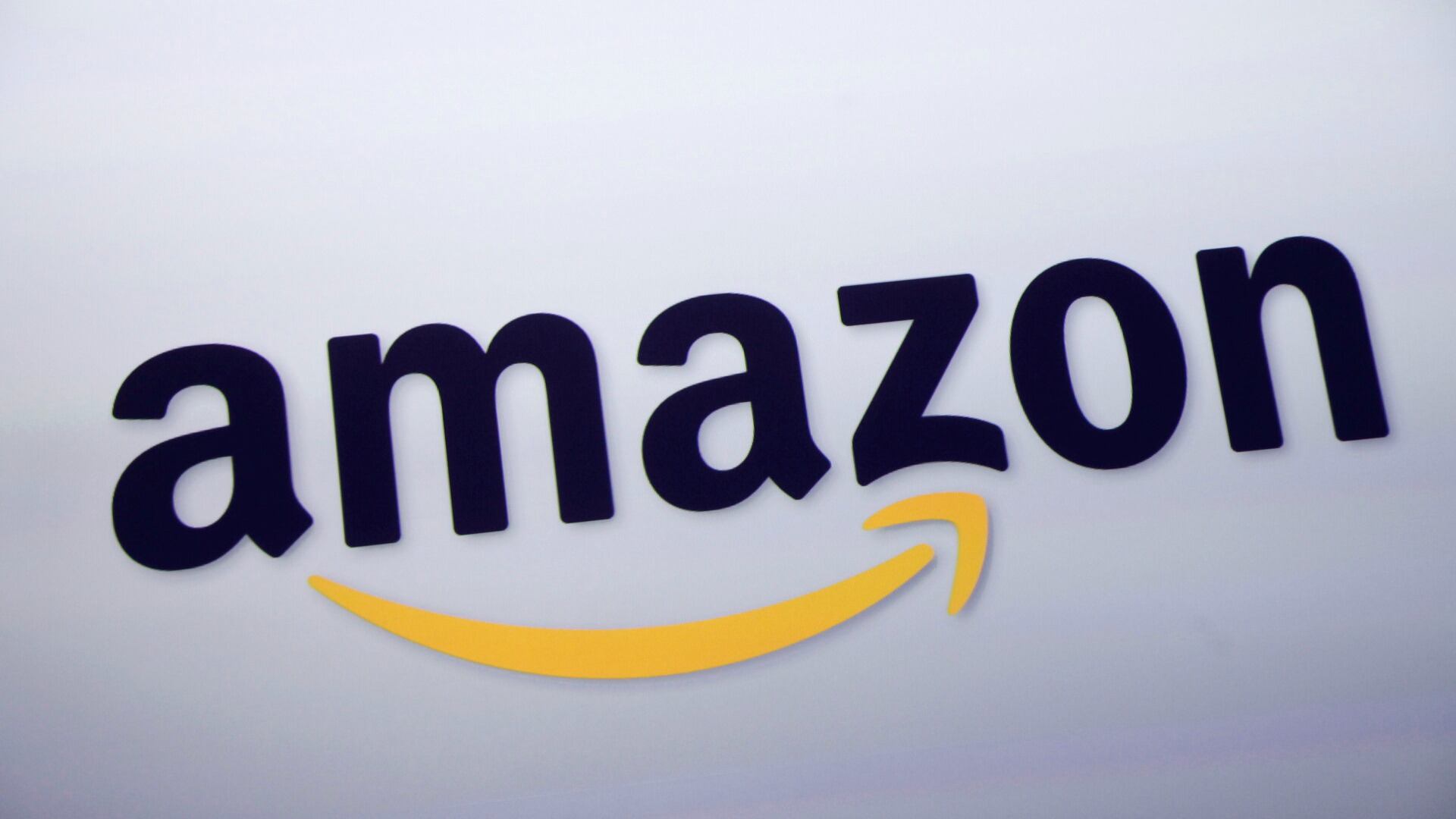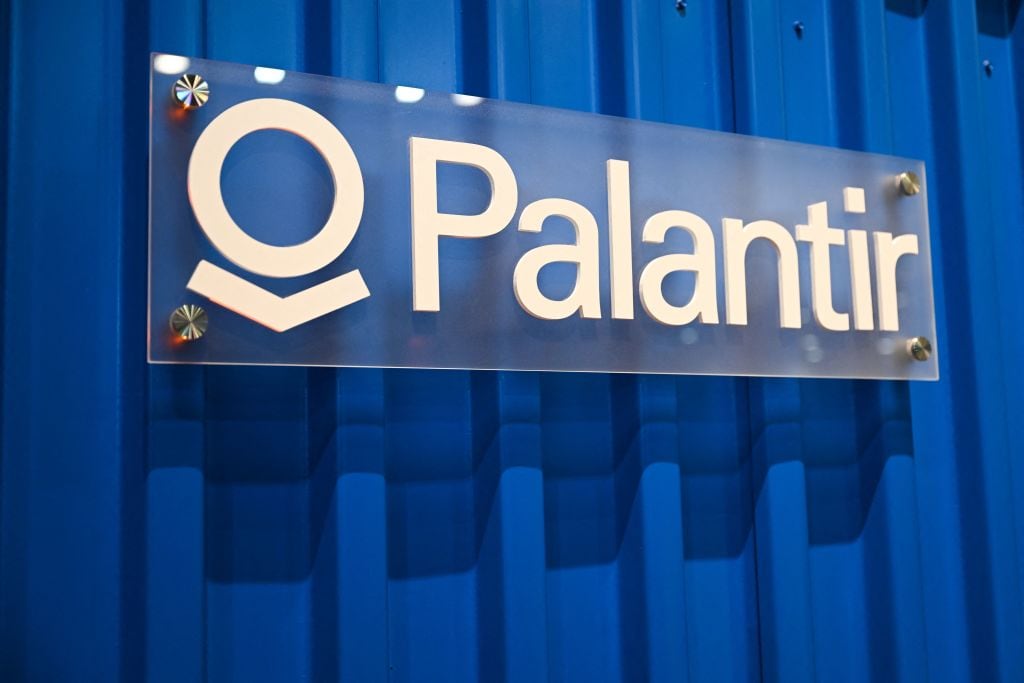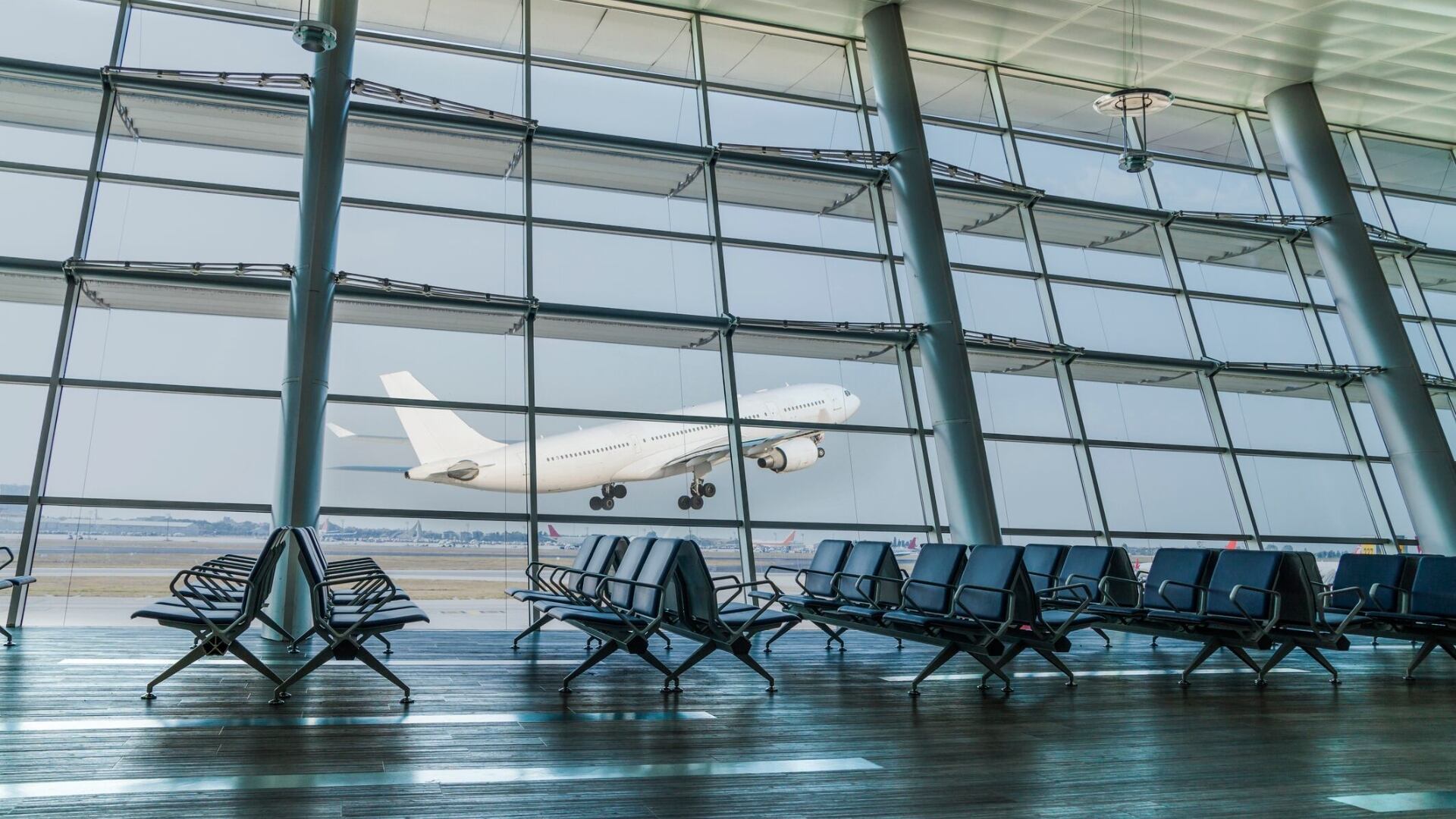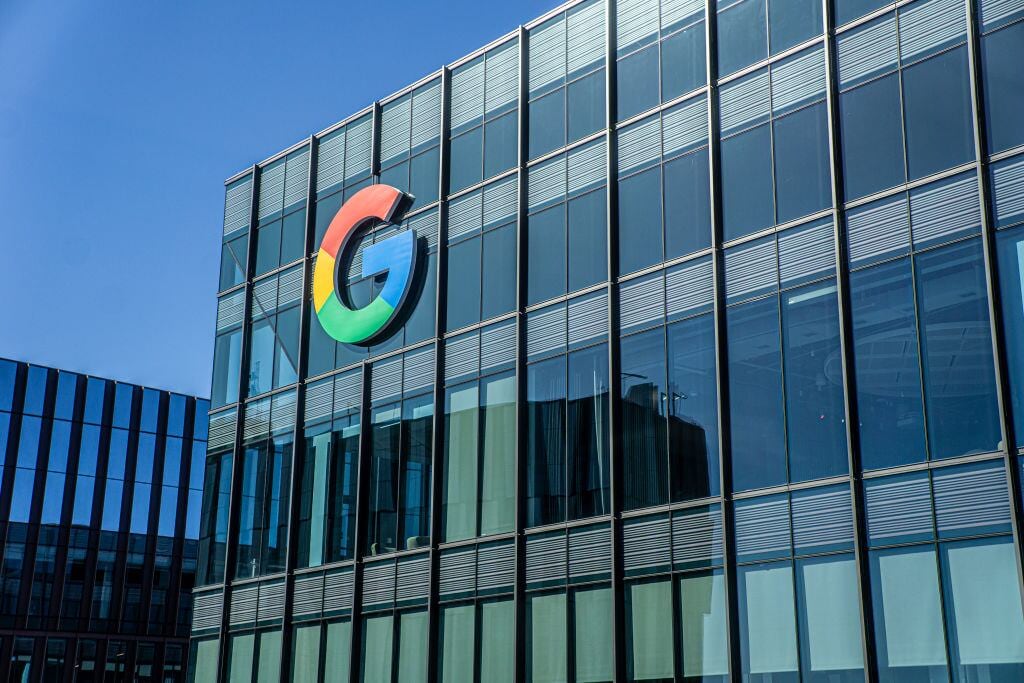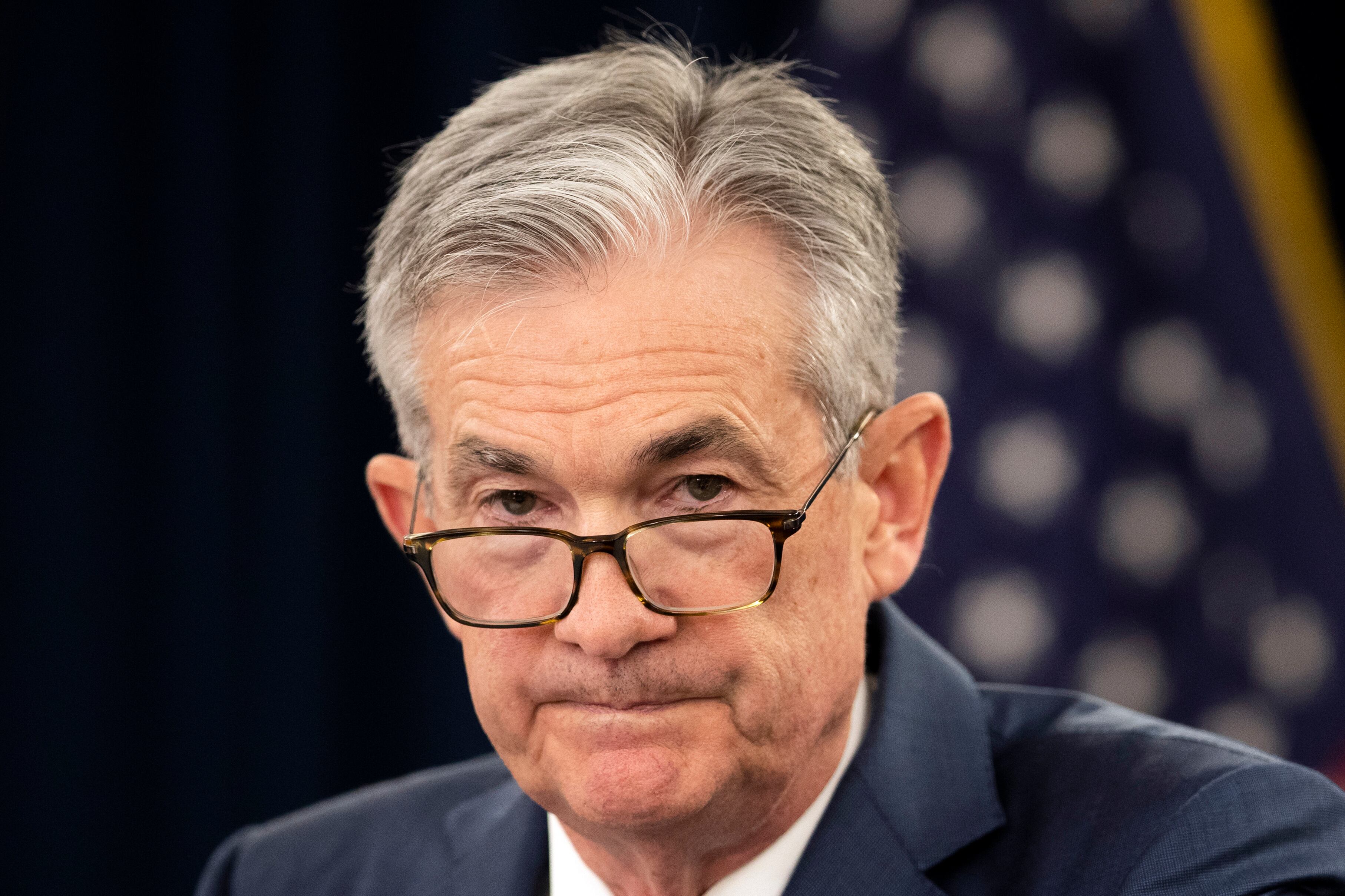Amazon is discontinuing its decade-old philanthropic program, AmazonSmile, which allowed customers to donate 0.5 percent of the cost of their purchase to select charities.
Since launching in 2013, AmazonSmile has funneled $500 million to participating charities. The company said the program wasn't having the impact it had hoped.
"The company will continue to pursue and invest in other areas where it can make meaningful change— from providing support to families in need, to using our logistics infrastructure and technology to assist communities impacted by natural disasters," Amazon said in a press release.
While the program will end by February, Amazon will provide participating charities the equivalent of six months of what they earned through AmazonSmile. Those charities will also be able to seek donations from Amazon customers through their own wish lists.
The company also highlighted other charitable initiatives, such as Kind Direct and the new Amazon for Charity store. The former provides goods directly to charities, and the latter allows charities to sell goods on Amazon and collect 100 percent of the profits.
"We’ll continue working to make a difference in many ways, but our long-term commitment to our communities remains the same: we are determined to help create a better world for our customers, our employees, and the communities we serve across the country," it said.
In addition, AmazonSmile's type of philanthropy, often called point-of-sale or checkout charity, has gotten backlash in recent years.
CVS is currently facing a lawsuit charging that it used checkout donations to fund a $10 million commitment to the American Diabetes Association, whereas the company had allegedly given customers the impression that their donation would supplement an initial pledge.
The announcement also comes as Amazon tries to streamline its business amid an industry-wide downturn for tech firms. The ecommerce giant this week laid off 2,300 workers in Seattle and Bellevue.
